

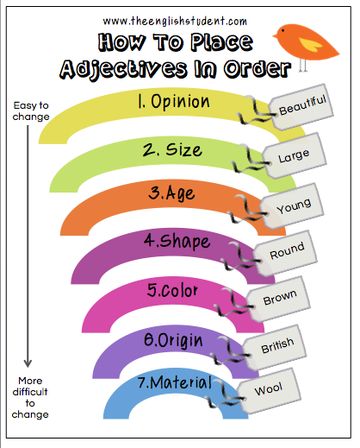
It is very unusual to have more than three adjectives.
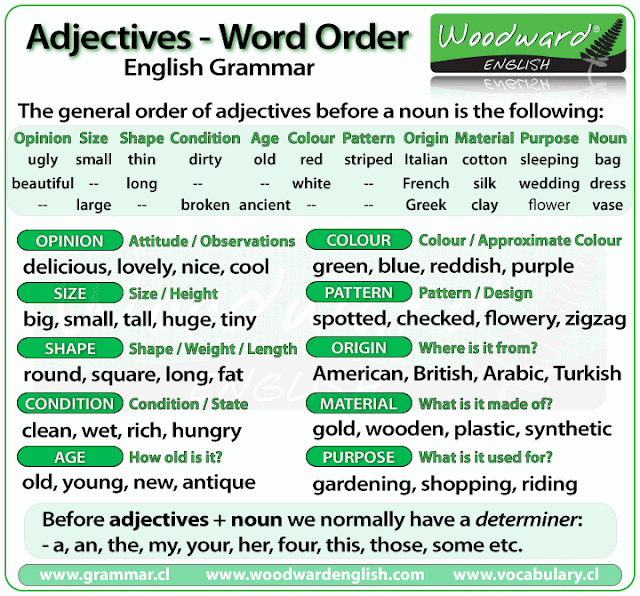

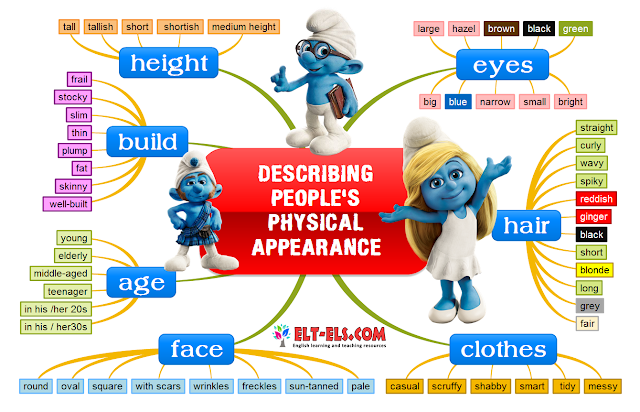
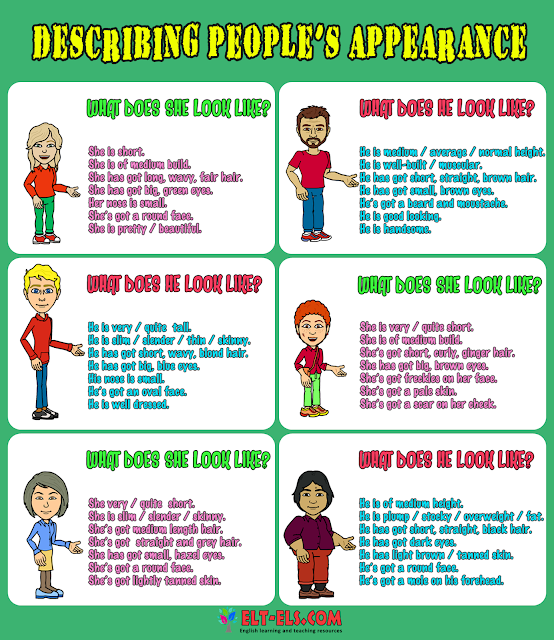
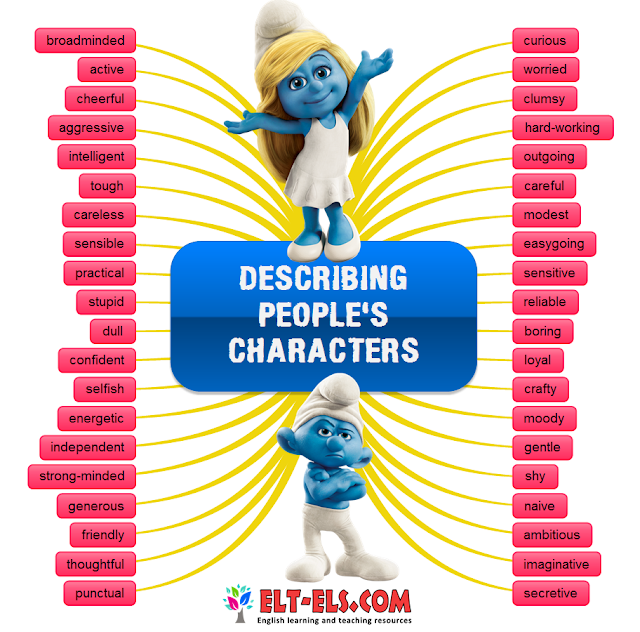
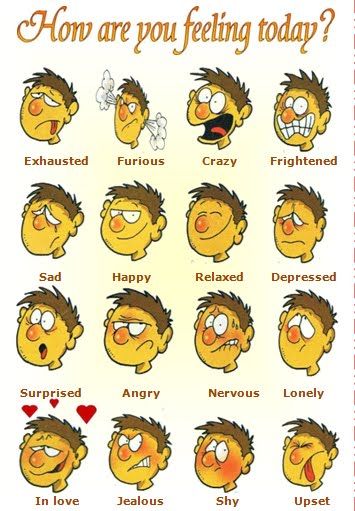
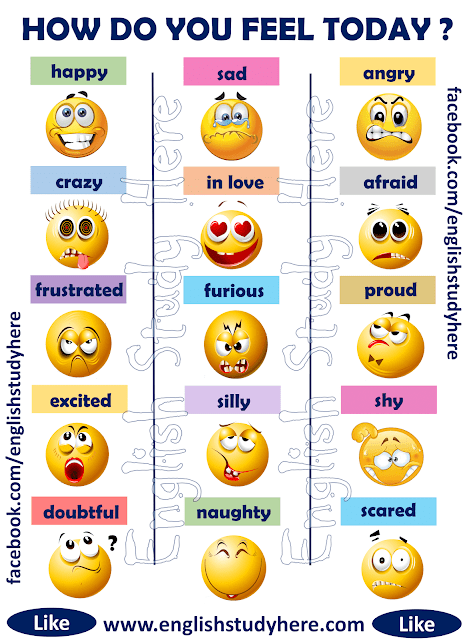
WH- QUESTIONS

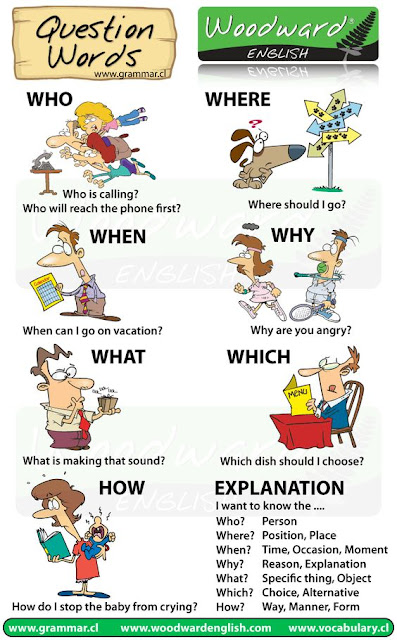


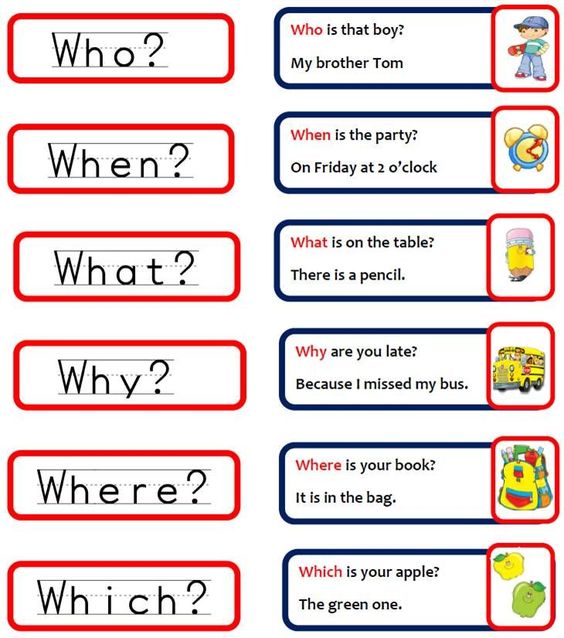
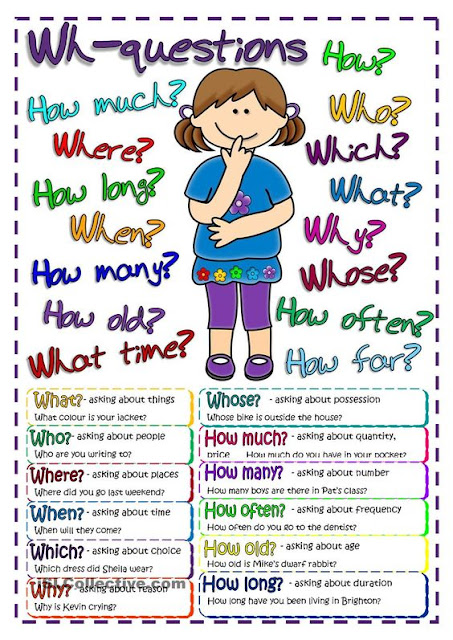
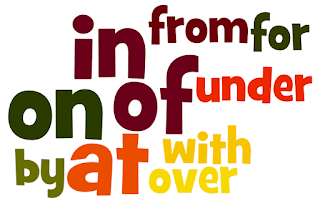


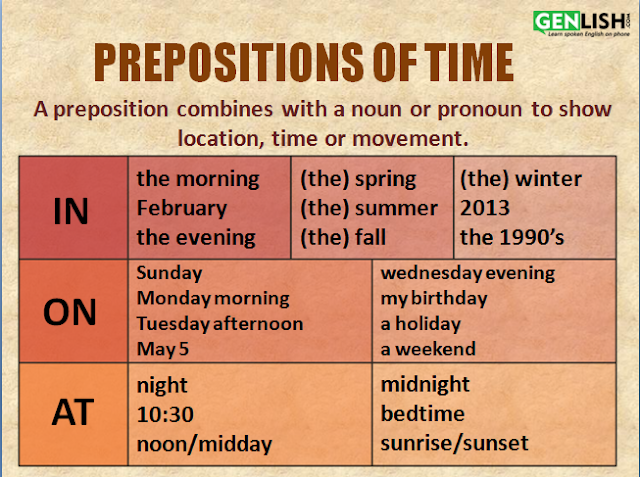
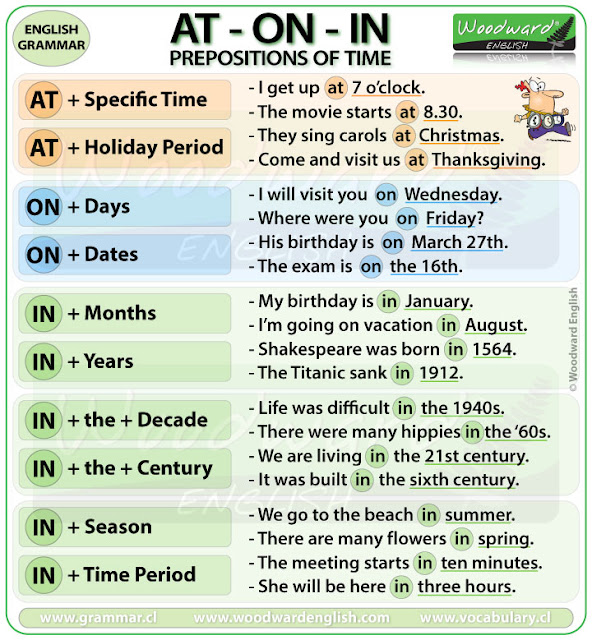
PREPOSITIONS OF TIME
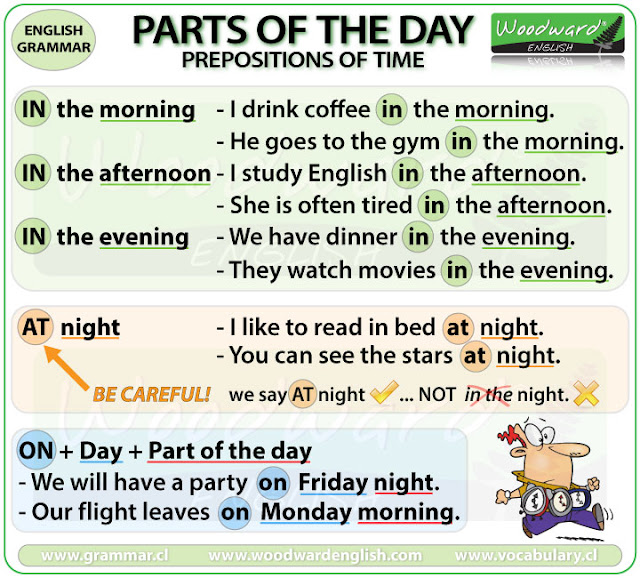
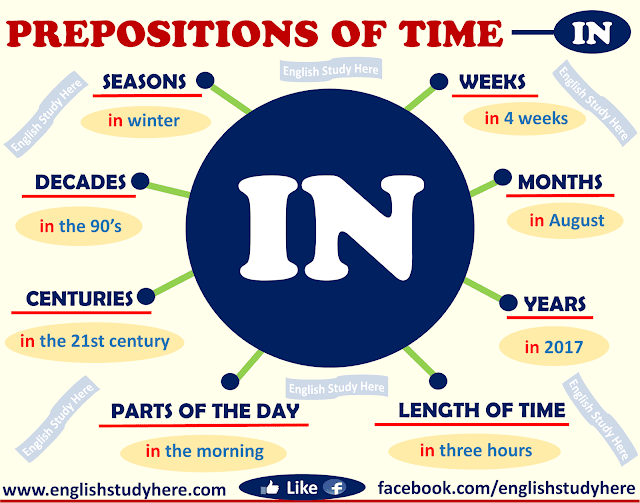

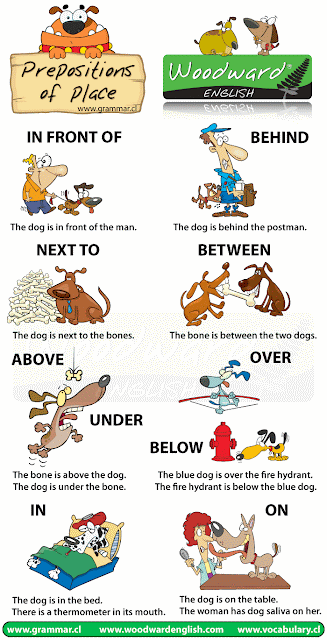


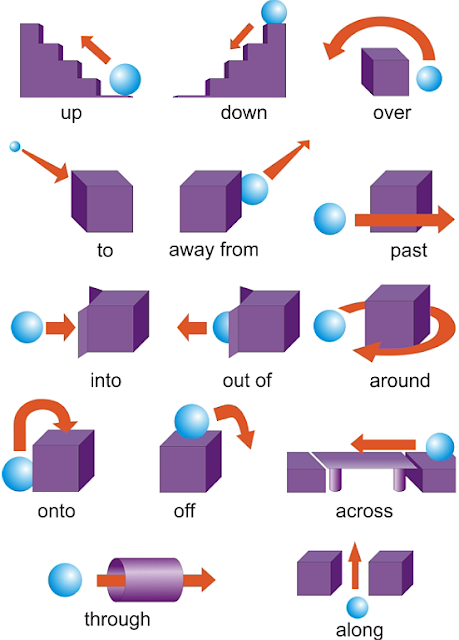
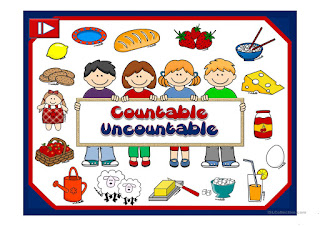
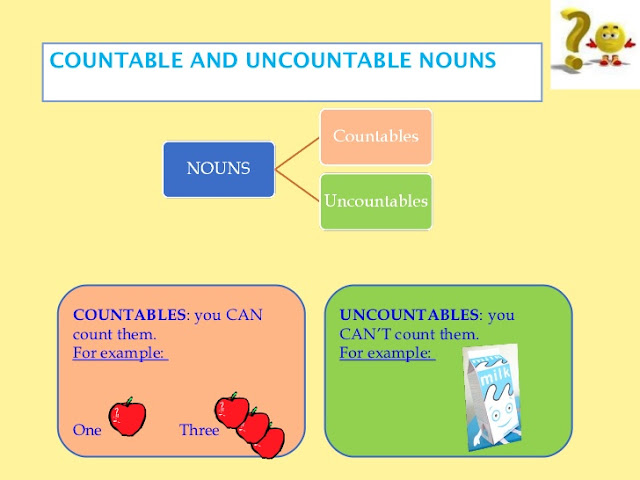
Countable vs. Uncountable Nouns
A) Most nouns have singular and plural forms. They are countable nouns.
e.g. One letter, two letters
- There is a letter on the table for you. (singular)
- There are letters on the table for you. (plural)
B) Some nouns only have one form. They are uncountable nouns.
e.g. Money
- There is no money in my bank account.
- There is a lot of money in my bank account.
Many uncountable nouns refer to substances:
e.g. Chocolate, water, coffee, milk, sugar, salt, cheese, bread, rice, wood, glass, plastic, soap, toothpaste.
- Do you have any chocolate?
- The milk is sour - let's make cheese.
- Rice is only edible when it has been cooked.
Many uncountable nouns refer to abstract ideas or emotions.
e.g. love, sadness, happiness, education, knowledge, and grammar.
- Money can't buy love.
- We like to experience happiness.
- This education is priceless.
You can use a/an with singular countable nouns.
e.g. an umbrella, a wheel, a mistake.
- It's raining so I need an umbrella.
- I made a mistake.
- This is a job for superman.
You can use plural countable nouns alone.
e.g. apples, bees, clouds.
- There are clouds in the sky today.
- There are bees making honey.
- We eat apples for breakfast.
You can't use an article with an uncountable noun.
e.g. time, sand, electricity.
- We need electricity to use our heater.
- I lost track of time and we stayed up very late.
- The beaches in Brazil have very nice sand.
It is very common in English to use some / any with plural nouns and uncountable nouns.
e.g. They don't listen to any advice.
- We don't have any toys for the children.
- There are many lessons in life, this is just one more.
- It is important to have some knowledge of grammar.
 There are a range of nouns that are uncountable in English but are countable in other languages:
There are a range of nouns that are uncountable in English but are countable in other languages:
accommodation, advice, baggage, behaviour, bread, chaos, damage, furniture, information, luck, luggage, news, permission, progress, scenery, traffic, weather and work.
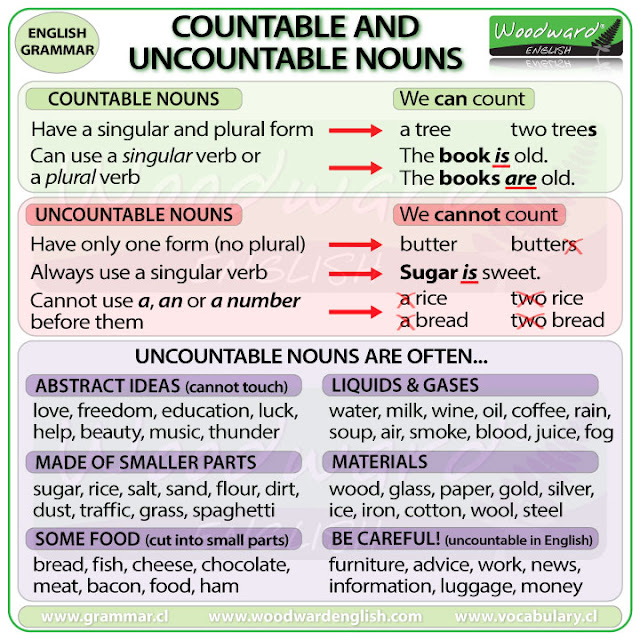
Countable vs. Uncountable Nouns
 To practice Countable and Uncountable nouns, TRY THIS GAME:
To practice Countable and Uncountable nouns, TRY THIS GAME: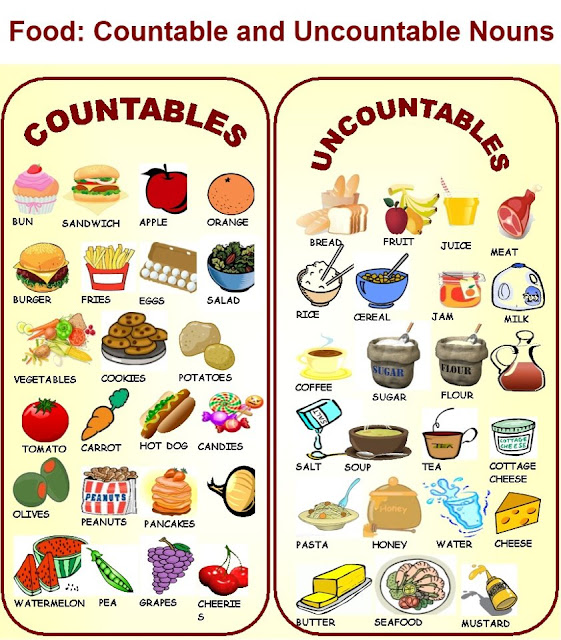
Some/Any/A/An
A and An
We use A/An (articles) with singular countable nouns.
- My brother has a dog and my sister has a cat.
- There is an accident on the corner.
A is used when the next word starts with a consonant sound.
- A book
- A guitar
- A friend
- A university (The start of the word university sounds like YOU, a consonant sound).
An is used when the next word starts with a vowel sound.
- An apple
- An ice-cream
- An orange
- An hour (the letter H in this word is silent so it sounds like it starts with a vowel).
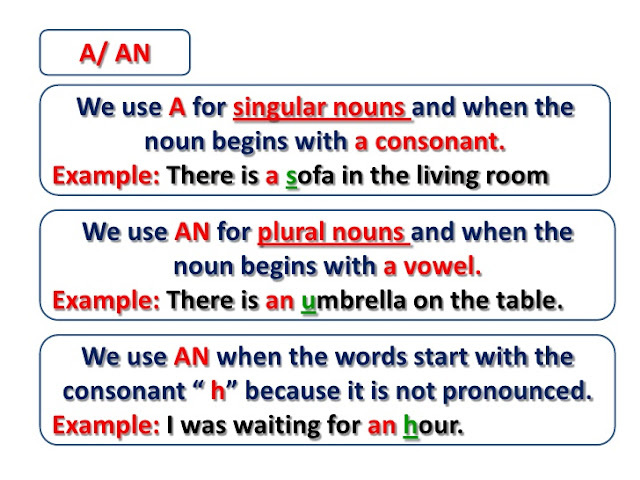
Some and Any
We use SOME and ANY with plural nouns and uncountable nouns.
Some is generally used in positive sentences.
Any is generally used in negative sentences.
- I have some information for you about flights to Paris.(Positive - Uncountable)
- I don't have any information for you about flights to Paris.(Negative - Uncountable)
- We met some friends for drinks after work yesterday.(Positive - Plural Countable)
- I didn't see any friends there on Thursday.(Negative - Plural Countable)
- I think he will have some time to speak to you today.(Positive - Uncountable)
- I don't think he will have any time to speak to you today.(Negative - Uncountable)
You can also use SOME and ANY in a sentence without a noun if the meaning of the sentence is clear.
- I didn't eat any salad but Peter ate some. (salad)
- Sean took lots of photos of the mountains but Emma didn't take any. (photos)
Questions with Some and Any
Generally, we use ANY in questions.
- Do you know any famous people?
- Do you have any children?
 But, SOME is used in the following circumstances:
But, SOME is used in the following circumstances:
1. When we are offering something.
- Would you like some coffee?
- Do you want some sugar for your coffee?
2. When we are asking for something.
- Could I have some salt, please?
- Can I have some fries with that?
3. When we are suggesting something.
- Why don't we watch some movies on TV tonight?
- Why don't you give her some advice?
You can also use SOME and ANY in a sentence without a noun if the meaning of the sentence is clear.
I didn't eat any salad but Peter ate some. (salad)
Sean took lots of photos of the mountains but Emma didn't take any. (photos)
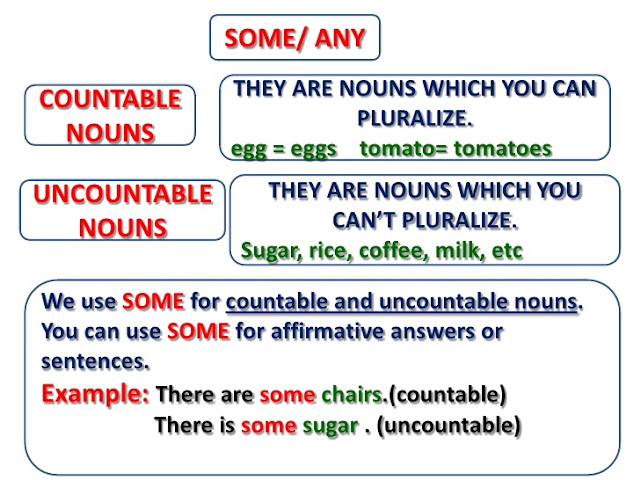
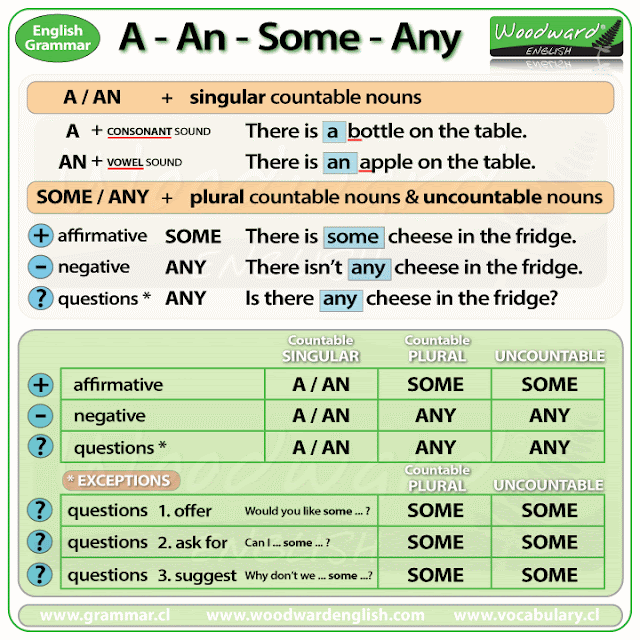
Some/Any/A/An
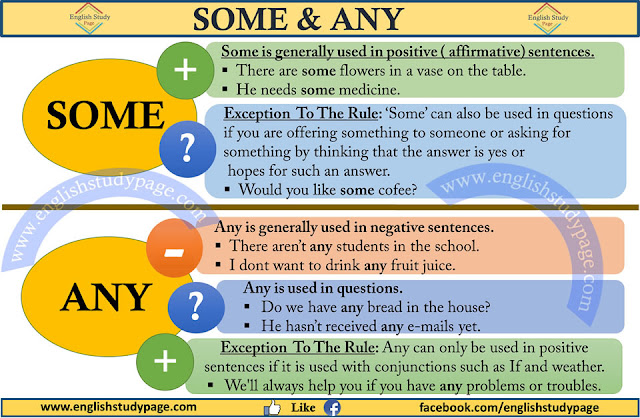
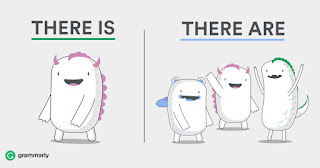
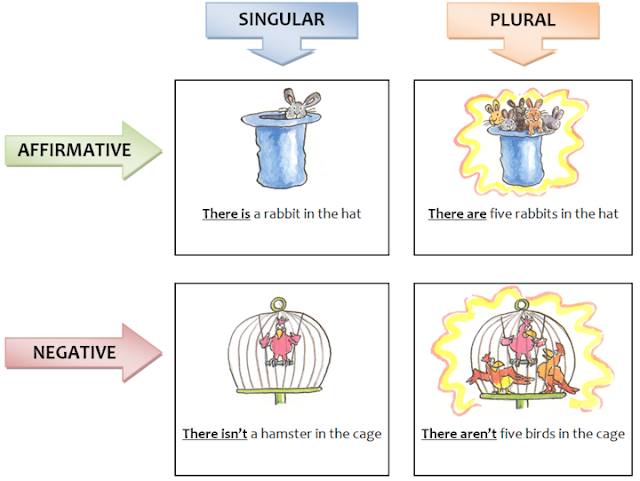
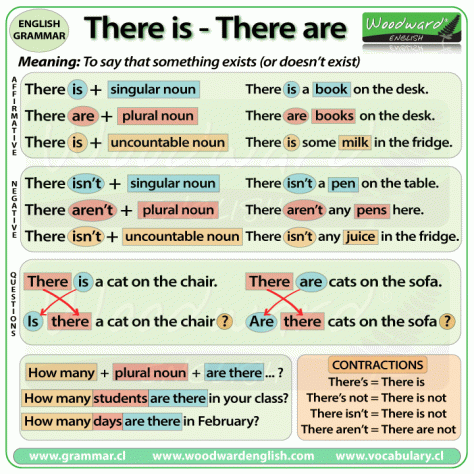
We use there is and there are to say that something exists.
Positive Sentences
We use there is for singular and there are for plural.
- There is one table in the classroom.
- There are three chairs in the classroom.
- There is a spider in the bath.
- There are many people at the bus stop.
We also use There is with uncountable nouns:
- There is milk in the fridge.
- There is some sugar on the table.
- There is ice cream on your shirt.
Contractions
The contraction of there is is there's.
- There's a good song on the radio.
- There's only one chocolate left in the box.
You cannot contract there are.
- There are nine cats on the roof.
- There are only five weeks until my birthday.
Negative Form
The negative is formed by putting not after is or are:
- There is not a horse in the field.
- There are not eight children in the school.
- There is not a tree in the garden.
- There are not two elephants in the zoo.
We almost always use contractions when speaking.
The Negative contractions are:
- There's not = There isn't
- There are not = There aren't
There aren't with Any
When we want to indicate that a zero quantity of something exists we use there aren't any.
- There aren't any people at the party.
- There aren't any trees in my street.
We also use this structure with uncountable nouns:
- There isn't any water in the swimming pool.
- There isn't any sugar in my coffee.
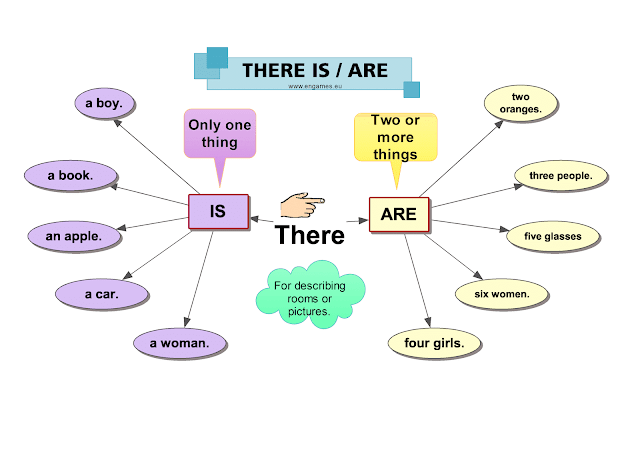
Questions
To form a question we place is / are in front of there.
Again we use any with plural questions or those which use uncountable nouns.
We also use there is / are in short answers.
- Is there a dog in the supermarket? - No, there isn't.
- Are there any dogs in the park? - Yes, there are.
- Is there a security guard in the shop? - Yes, there is.
- Are there any polar bears in Antarctica? - No, there aren't.
- Is there any ice-cream in the freezer? - Yes, there is.
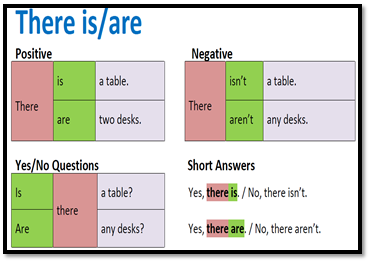
How Many with Are There
If we want to find out the number of objects that exist we use How many in the following form:
How many + plural noun + are there (+ complement).
- How many dogs are there in the park?
- How many students are there in your class?
- How many countries are there in South America?
- How many Star Wars films are there?
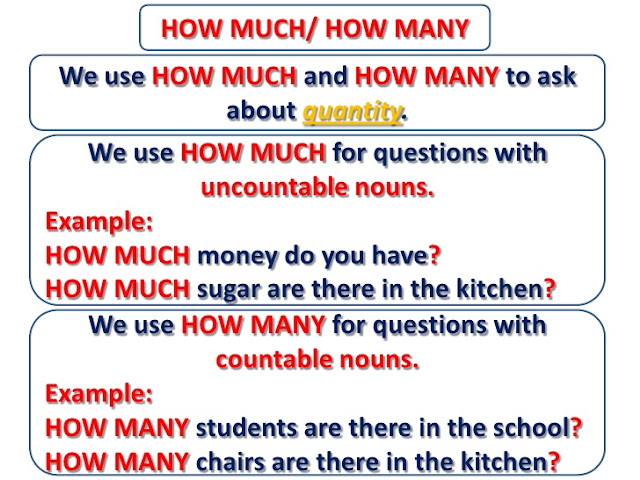
 To practice There is/There are, TRY THIS GAME:
To practice There is/There are, TRY THIS GAME:
We use adverbs of frequency to describe how frequently or how often we do an activity or something happens.
These are also known as Adverbs of INDEFINITE frequency as the exact frequency is not defined.
| Frequency | Adverb of Frequency | Example Sentence |
|---|---|---|
| 100% | always | I always go to bed before 11 p.m. |
| 90% | usually | I usually have cereal for breakfast. |
| 80% | normally / generally | I normally go to the gym. |
| 70% | often* / frequently | I often surf the internet. |
| 50% | sometimes | I sometimes forget my wife's birthday. |
| 30% | occasionally | I occasionally eat junk food. |
| 10% | seldom | I seldom read the newspaper. |
| 5% | hardly ever / rarely | I hardly ever drink alcohol. |
| 0% | never | I never swim in the sea. |
* Some people pronounce the 'T' in often but many others do not.
The Position of the Adverb in a Sentence
An adverb of frequency goes BEFORE a main verb (except with TO BE).
| SUBJECT + ADVERB + MAIN VERB |
|---|
| I always remember to do my homework. |
| He normally gets good marks in exams. |
An adverb of frequency goes AFTER the verb TO BE.
| SUBJECT + TO BE + ADVERB |
|---|
| They are never pleased to see me. |
| She isn't usually bad tempered. |
We can also use the following adverbs at the beginning or at the end of a sentence:
Usually, normally, often, frequently, sometimes, occasionally.
Eg. Sometimes I go swinming.
We read books occasionally.

Adverbs of Definite Frequency
We can also use the following expressions when we want to be more specific about the frequency:
- every day
- once a month
- twice a year
- four times a day
- every other week
- daily
- monthly
These are also known as Adverbs of DEFINITE frequency as the exact frequency is specified.
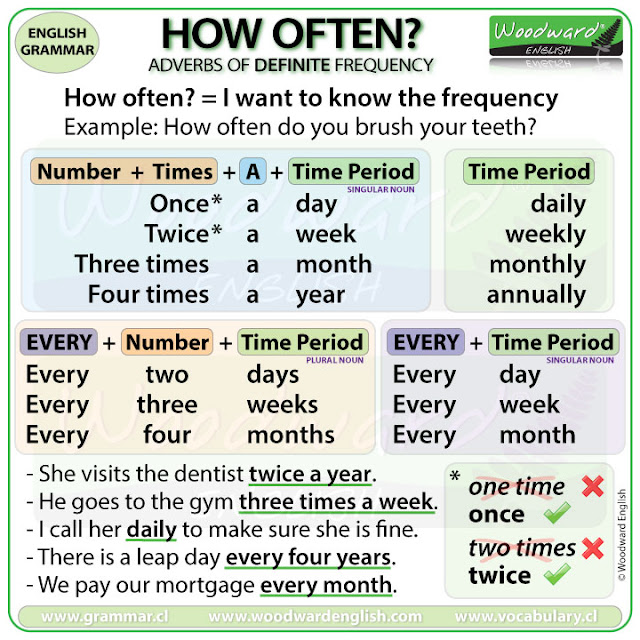


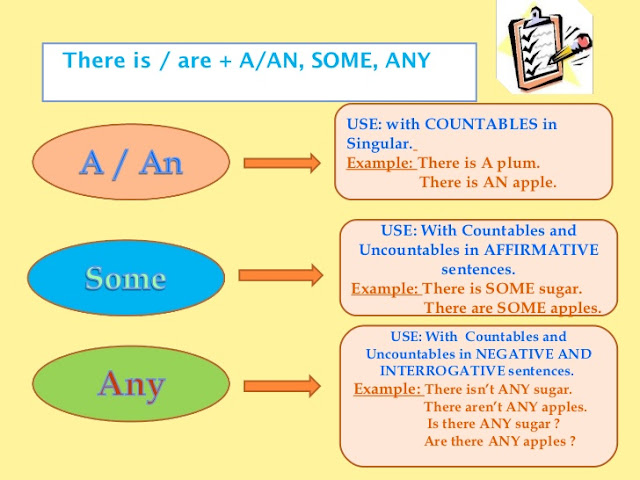








No comments:
Post a Comment